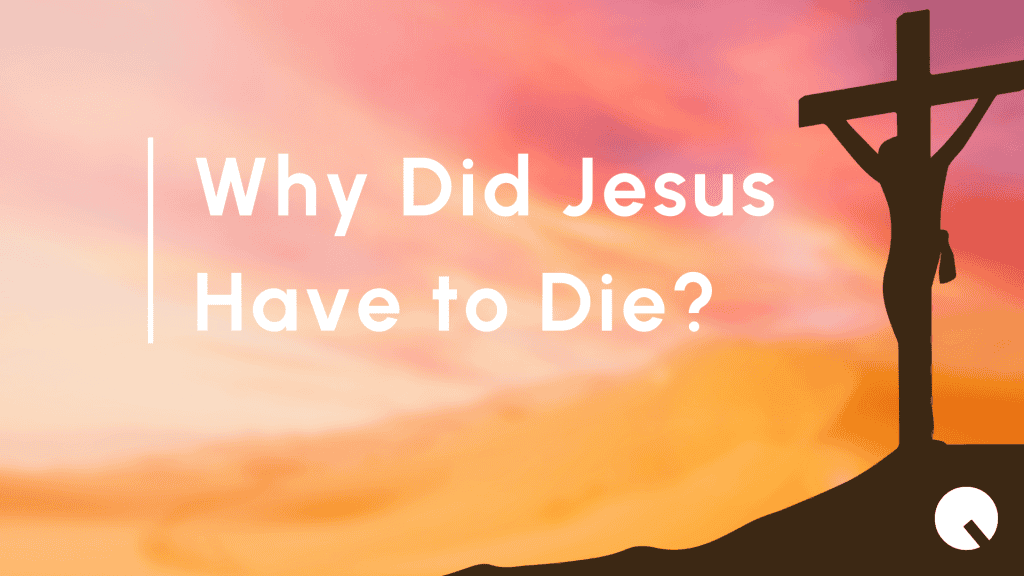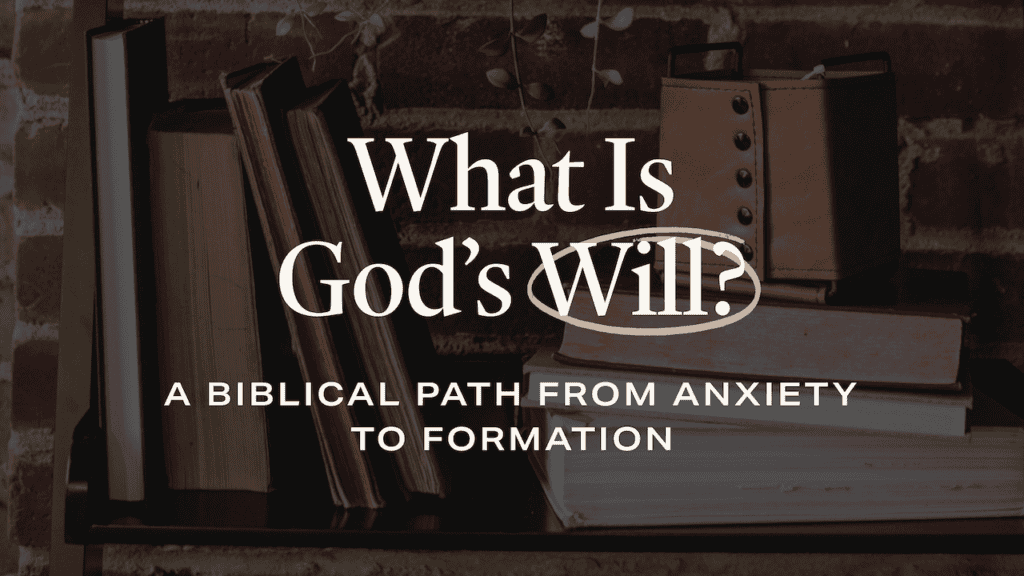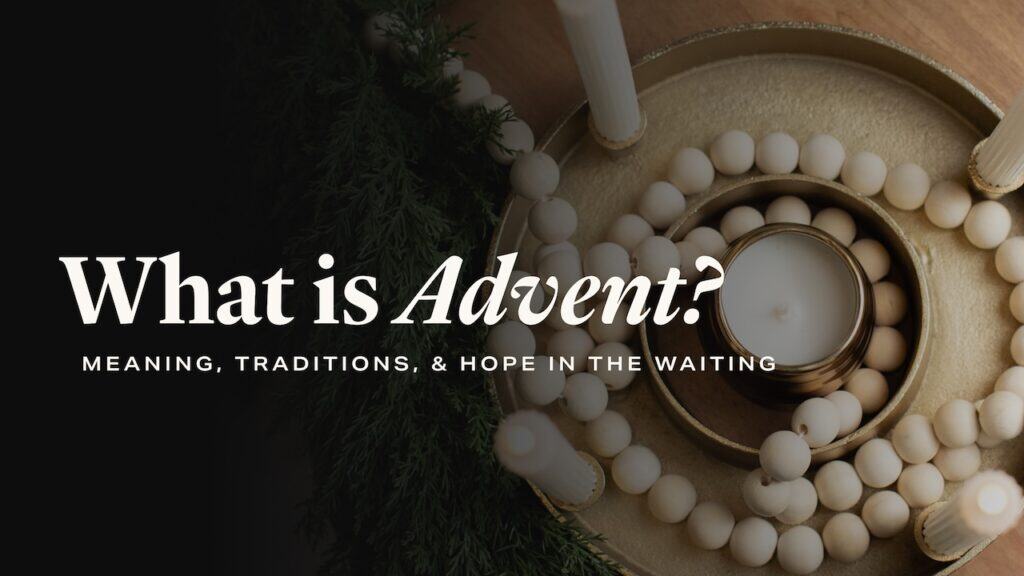There is much mystery surrounding Jesus’s death and what it accomplished for humanity. Understanding the divine purpose behind God sending Jesus to die on the cross for the people of the world can offer encouragement and hope in place of confusion. We’ll delve into the creation story, biblical prophecies, and the significance of Jesus’ voluntary suffering. Join us on this theological journey to uncover the implications of Jesus’ sacrificial death and its enduring impact on the relationship between humanity and God.
Why Did Jesus Die for Us?
To comprehend the necessity of Jesus’ death, we must start at the beginning. The creation story found in Genesis sets the stage, depicting an idyllic existence in the Garden of Eden. However, disobedience led to the introduction of sin, severing the intimate connection between humanity and God. The consequences of this separation laid the groundwork for the redemptive narrative that would unfold through Jesus’ sacrifice.
The Creation Story and Fall of Man
In Genesis, God’s creation of Adam and Eve establishes the initial harmony between humans and the Divine. The fall, marked by disobedience, introduced sin and fractured this relationship. The resulting separation underscored the need for – intervention to restore communion and address the consequences of the human choice to rebel.
Fulfillment of Prophecy Throughout Scriptures
The Old Testament anticipates a Messiah who would redeem humanity from the grip of sin. Various prophecies, woven throughout Scripture, foretell the coming of a Savior. Jesus emerges as the fulfillment of these prophecies, connecting the narrative of salvation to a divine plan that transcends time.
Bridges the Gap Between Humanity and God
Jesus’ death on the cross becomes the pivotal moment that bridges the gap caused by sin. The Apostle Paul talks about the chance for reconciliation in Romans 5:8, emphasizing that Christ’s sacrifice occurred while humanity was still in sin. Jesus’ crucifixion, therefore, becomes the means through which forgiveness, redemption, and restoration are offered to humanity.
Why Did God Send Jesus to Die for Us?
God’s motivation in sending Jesus to die involves fulfilling divine justice, revealing God’s love, and addressing the intricate relationship between humanity and God.
The Complexity of Saying Jesus Died “for” Us
The New Testament uses Greek words like “huper” and “peri” to convey the meaning of Jesus dying “for us.” These words carry nuanced meanings, such as “for the benefit of,” “in place of,” or “because of.” The Apostle Paul, in 1 Corinthians 15:3, emphasizes that Christ died for our sins “according to the Scriptures,” referencing the Hebrew Scriptures.
Why Do We Die?
We learn from the Garden of Eden that human death results from rejecting God’s offer of ultimate life. God’s plan, involves a process of reunion that includes sacrifices, rituals, and the eventual earthly arrival of Jesus.
Preserving Life Through Death
Rituals in the tabernacle and temple underscore the idea of preserving life through sacrificial death. Animals who are blameless representatives offer their lives on behalf of humans, symbolizing God’s intent to reconnect with humanity despite the corrupting influence of sin.
Why Did Jesus Choose to Suffer and Die for Us?
Jesus’ voluntary choice to suffer and die serves as a profound expression of love, humility, and obedience. His journey from the Garden of Gethsemane to the cross reflects a willingness to fulfill His Father’s plan of salvation.
Beyond Holy Spaces and Sacrifices
The tabernacle and temple rituals, designed to mimic the garden’s life, emphasize God’s commitment to humanity’s restoration. These rituals, however, fall short of providing a permanent solution. The entrance of Jesus into the human experience, marked by suffering and death, represents the ultimate sacrifice that transcends the limitations of previous rituals.
The Implications of Jesus Dying for Humanity
The implications of Jesus’ death resonate throughout Christian theology, offering believers hope, redemption, and the promise of eternal life. The Apostle Paul, in 1 Corinthians 15:17, underscores the centrality of Jesus’ resurrection, signaling victory over sin and death.
In conclusion, the question of why Jesus had to die invites us into a profound exploration of divine purpose, redemption, and the boundless love of God. The creation story, fulfillment of prophecies, and Jesus’ voluntary sacrifice weave together to form a narrative that transcends time and provides a pathway for humanity to be reconciled with its Creator.
As we reflect on the significance of Jesus’ sacrificial death, let us delve deeper into the rich tapestry of Christian teachings. To explore more thought-provoking content and engage in discussions on theological topics, consider visiting QAVA (Questions, Answers, Verses, and Articles). It is a platform where insightful conversations await, encouraging a deeper understanding of the profound love that motivated God to send His Son for the redemption of humanity.
QAVA is a streaming app for those exploring questions about God and faith. We hope our studies support your faith journey. Try QAVA free for a week to experience our Biblically-based content. Wherever you are on your journey, you are invited by us—and by Jesus. You are welcome here. Browse our content or sign up for a free trial of QAVA









